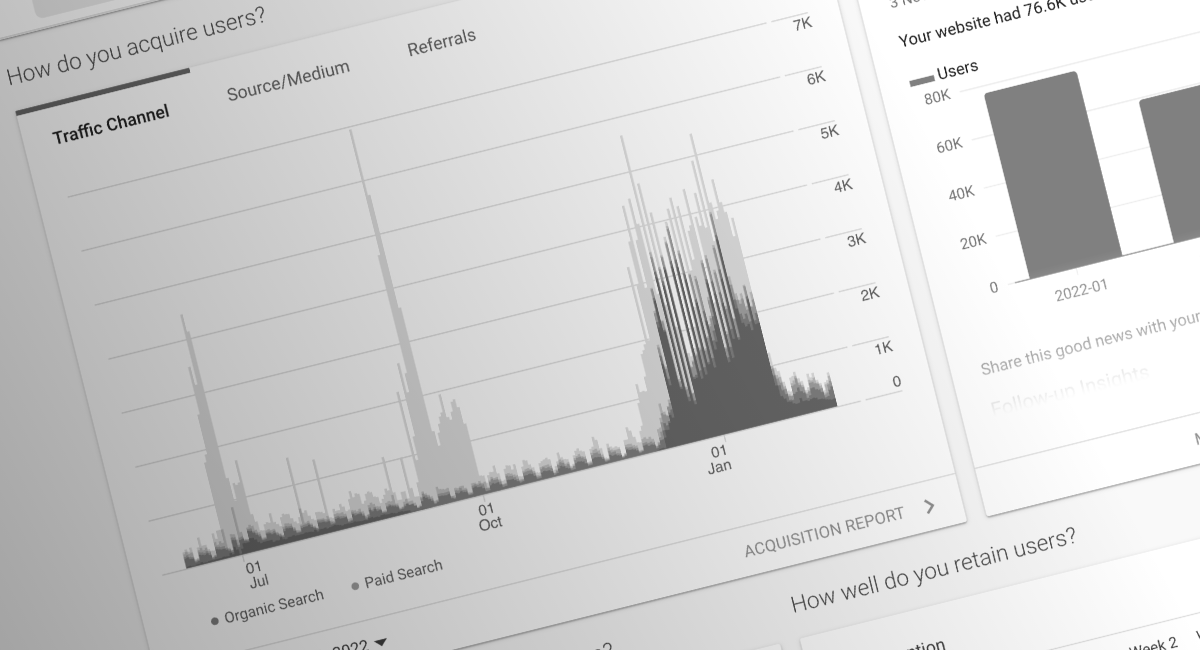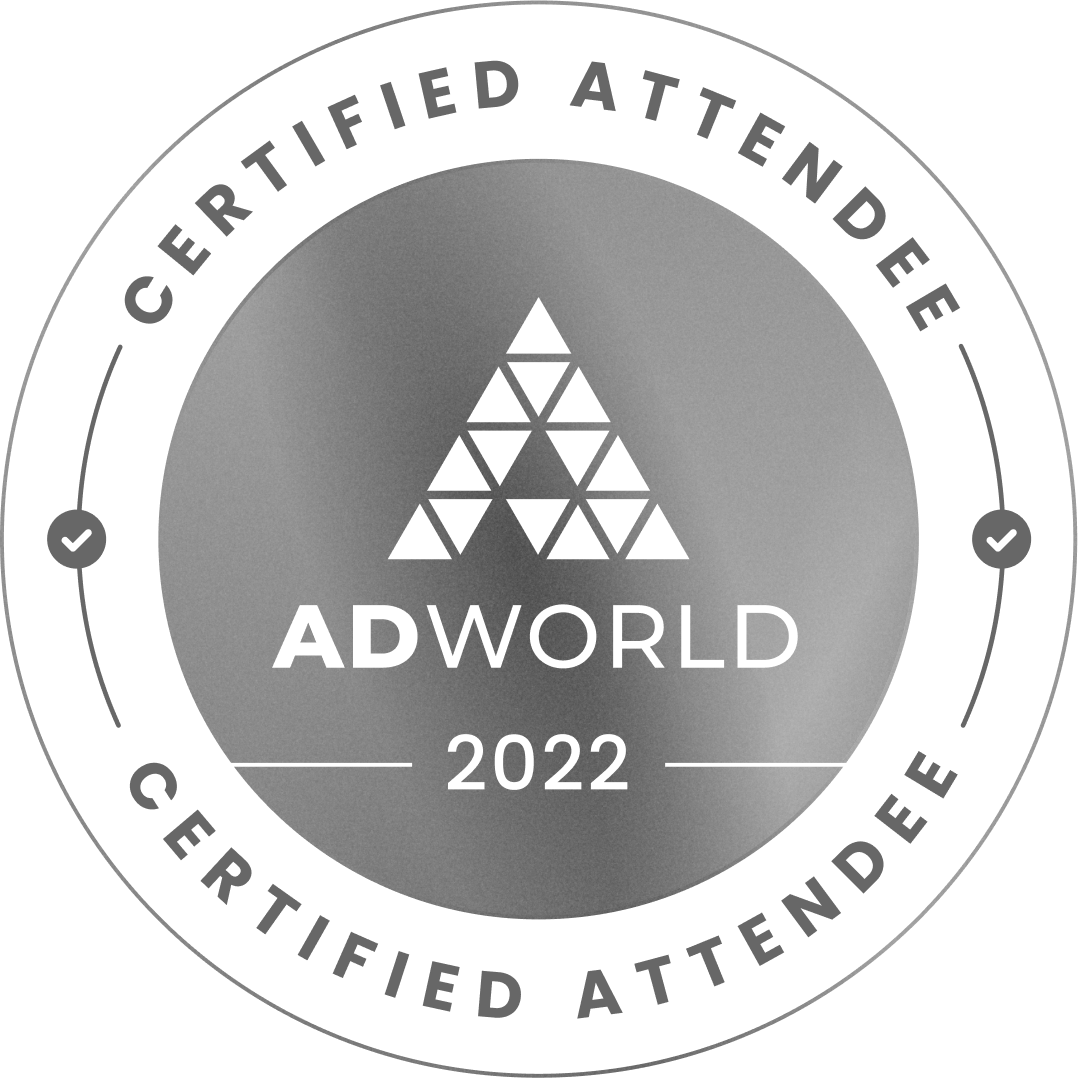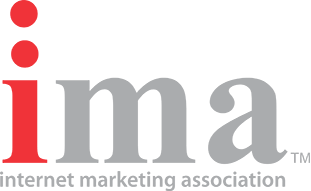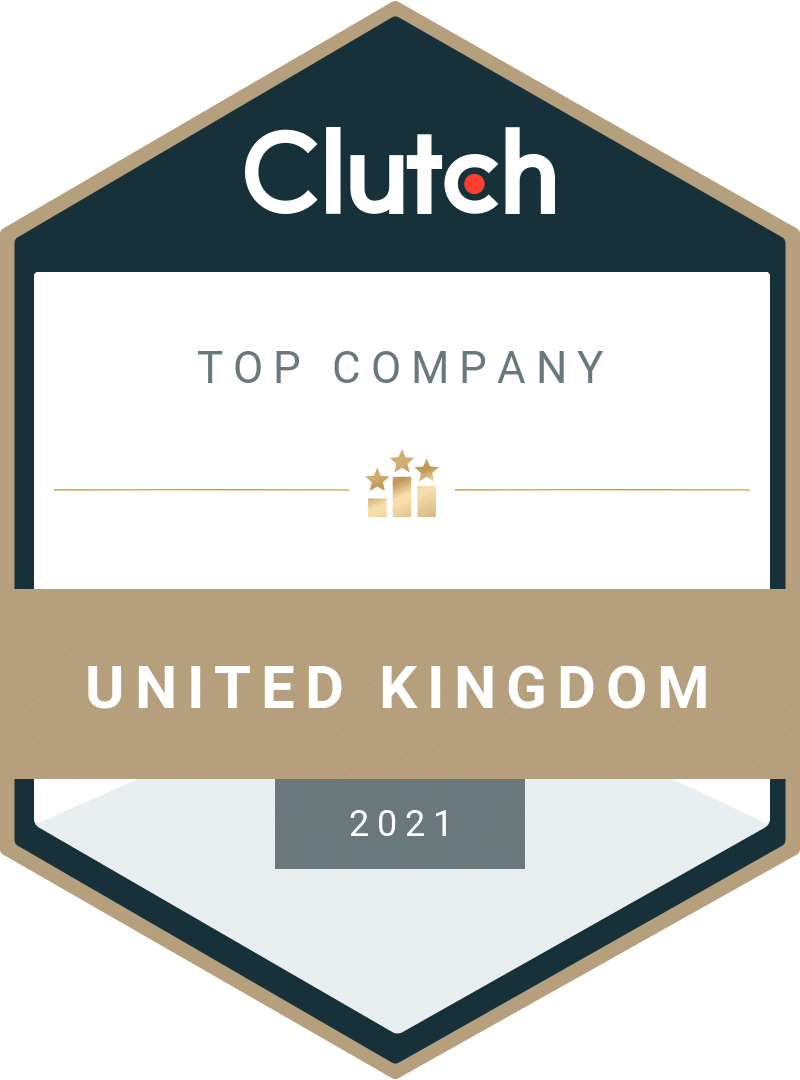Over the years, many of our customers have asked us which marketing channel is the most successful: search engine optimisation or pay-per-click advertising. Most of the time, we’re happy to tell them that SEO and PPC pair really well together, but it really depends on the business, the state of their digital presence, and their website goals.
But how do we know when it’s the right time to choose one or the other (or both)?
Let’s investigate. Learn how to calculate SEO ROI.

Every Customer Is Different But…
We just said that PPC and SEO serve different purposes and depending on your industry, product, service, state of your web presence, and online authority, you may be better off sticking with either one or the other (at least in the beginning). But no matter how impressive your marketing budget it, no amount of money will help increase your ROI if you’re still dealing with these issues:
You Don’t Know Who Your Customer Is
Even well-established companies can suffer from an identity crisis. But how can you expect to create an impactful marketing campaign if you don’t even know who you’re targeting. There’s more to your customer than just knowing if they’re B2B or B2C. Before wasting your money on an SEO or PPC campaign, we recommend working out who your target customer is first. Learn more about GeekyTech as a B2B PPC Agency.
You Don’t Have a Website That Works
Picture this scenario: you’ve paid for the ad creatives and spent time and money researching and setting up your campaign. On launch day, your ad CTAs are attracting leads left, right, and centre to your landing page. Only…when your visitors arrive, they immediately bounce out.
If your web design looks like it was hot shit when dial-up was in its heyday, you’re probably not spending your money wisely. Before spending money on ads, make sure your web design takes user experience seriously.
You Don’t Have Your Tracking Set Up Correctly
This is not necessarily a road block, but we highly recommend you sort out your tracking and set up your goals in Google Analytics before you start running your campaigns (if you’re a Geeky Tech customer, we do this for you).
Why?
Your tracking information should be as accurate as possible because you’ll want to know how your web pages are performing and what ads are generating the most clicks. The only way to assess if you’re spending your budget wisely is to analyse your traffic.
Why Go With SEO?
Okay, so before we go any further, let’s get one thing straight: SEO is never a waste of time, a waste of money, or a bad idea. In fact, it’s basically the foundation of long-term web visibility, and you’d be hard-pressed to find a digital marketer who would disagree with us.
The question isn’t really ‘is SEO worth it?’ The better question is ‘how quickly do you want to see your results?’ Like we said, when it comes to choosing between SEO and PPC, it’s all about picking your result speed. With SEO, slow and steady wins the race.
You will eventually see the results you’ve been hoping for in three to six months. The longer you keep going at it, the better your results will get. And if you’re working with the right agency and regularly producing keyword-rich content and keeping an eye on your competitors every now and then, SEO has all the ingredients for long-term success.
But like we said, it can take three to six months to start enjoying the fruits of your labour.
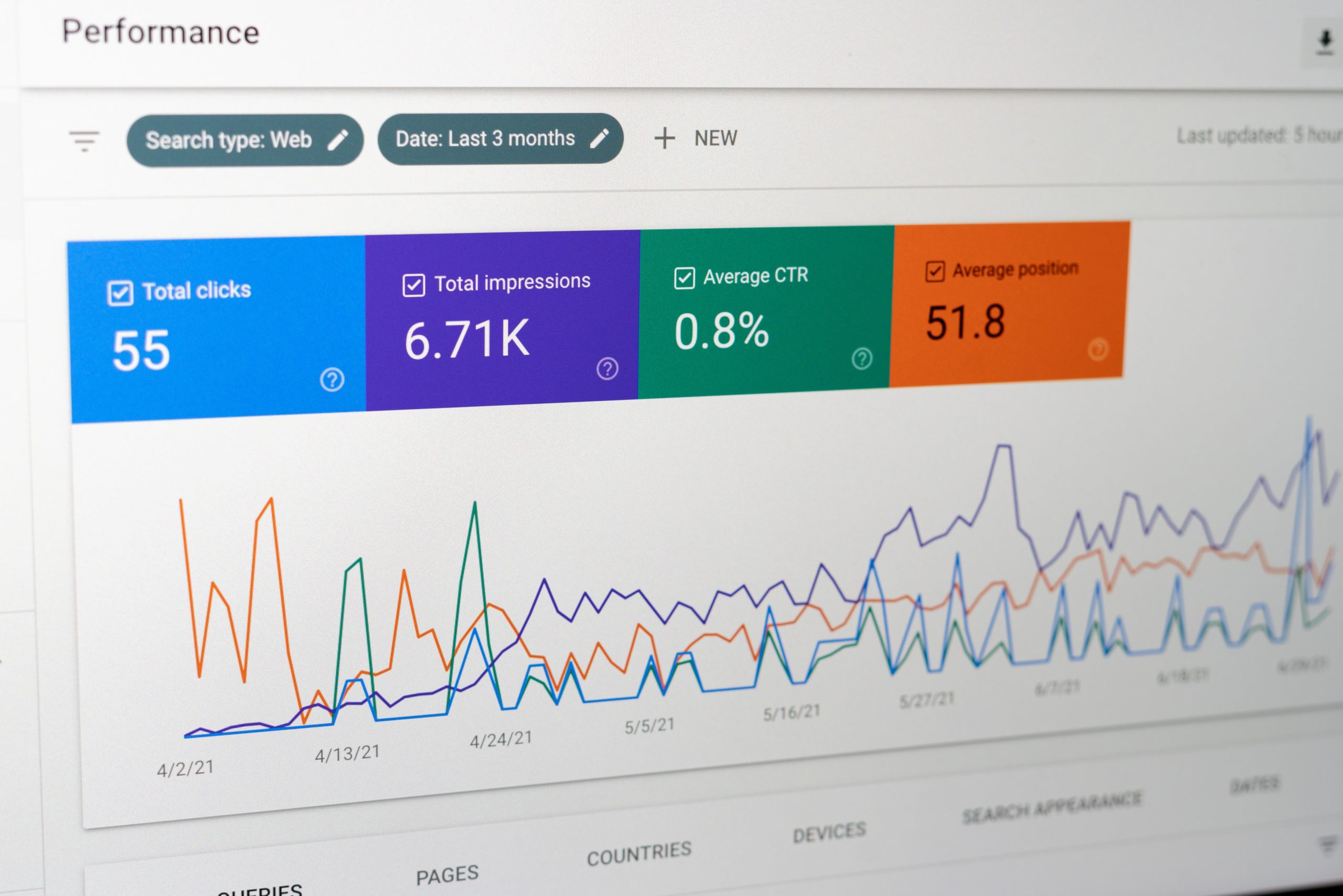
When SEO Isn’t Enough
Sometimes, we can’t afford to be patient. Like we said, SEO is slow and steady. And if we need results immediately, then SEO won’t be enough to start seeing the traffic pour in. That’s why pairing your SEO campaign with full-funnel ads will strengthen your overall marketing efforts.
But there’s another reason SEO may not be a strong enough marketing approach. Let’s just say you’re new to the market and you’ve got an amazing product that you think the world should know about, only you’re up against some serious competition—we’re talking the Coca-Colas and Hewlett-Packards and Ubers of the world.
If you want to give your product a snowball’s chance in hell of reaching those customers, you need a strong awareness campaign that reaches your audience all over the internet. Your competition is just too popular, too well-established, tooooooooo big to be dethroned from their top positions on Google search result pages.
Why Invest in PPC?
There are plenty of reasons to supplement your SEO with something that gives you a little more…instant gratification. PPC in all its forms—from programmatic search and display, to Facebook ads to YouTube video ads—will give your website an immediate boost in traffic.
So, you might want to invest your marketing budget on PPC ads if your site is having a sale or you’ve added a new product or service and want to promote it immediately. It’s also a great way to generate more qualified leads.
Why PPC May Not Be Worth It
Don’t get us wrong, we know that paid advertising can get expensive. But if you’re working with an experienced advertising team, the more money you invest in ads, the more successful your campaign will be.
In the world of advertising, it takes money to make money, which is why your tight budget might be better served building a strong digital presence through keyword strategy, on-page optimisation, and backlinks.
Why?
Because once your marketing budget dries up and you’re no longer running ads, you’ll be left with a website that isn’t optimised for Google, which means that your traffic will dry up right alongside it. Not to mention that if your budget was that small to begin with, your ads probably won’t be reaching that many potential customers.
Looking at the Numbers
So, when it comes to your marketing budget, what should you focus on? SEO? PPC? Or both? We can’t answer that for you without looking at your existing website, your existing marketing strategy, and your competition.
But let’s look at a couple of our customers to see what you can expect from combining both services.
Avantra, an industry leader in SAP technology, came to us with both SEO and advertising needs. Long story short (and you can read the longer story here), they needed us to help them fix their migration issues, generate brand awareness, and bring in more MQLs and SQLs.
The company spent 70% of its budget with us on ads and 30% on SEO. The numbers won’t seem that astounding, but keep in mind that B2B traffic will always be lower than B2C (there are surprisingly more people in the world buying shoes than SAP software).
Here’s what SEO and PPC did to increase organic and paid traffic:

Avantra Organic Traffic

Avantra Paid Traffic
Sapio Sciences, another customer of ours, also spent 70% of their budget on advertising and 30% on SEO, but the results look very different….just as awesome, but different.
So what does this all mean? That a multi-pronged approach to marketing is always better than spending your entire marketing budget on one channel. But it also means that every business is different and your results will depend on where you’re starting from.
Take a look at Sapio’s results below:

Sapio Sciences Organic Traffic

Sapio Sciences Paid Traffic
In Conclusion: When in Doubt, More is More
You know when you walk into your local mobile store to buy a phone plan only to walk out with a cable–internet–mobile package that you instantly regret signing up for the moment you’re out of the sales person’s spell range?
Well, what we’re about to say kinda sounds like that, but it’s not. Trust us.
What we want to say is that if your marketing team can afford to go full throttle on an SEO and PPC campaign, we highly recommend investing in both strategies. Guns ablazin’, you’ll not only see an instant increase in relevant traffic, but you’ll also be building the foundation for long-term rankings.
Remember: While we can basically guarantee that SEO and PPC will drive up your traffic (after all, we have historical data to prove it), we cannot say with all certainty how much your traffic will increase. That aspect depends on factors like your niche, what your competitors are up to, and where you’re starting from. Get a free review or media audit to understand the best marketing strategy for your business.
Find out how we can help

